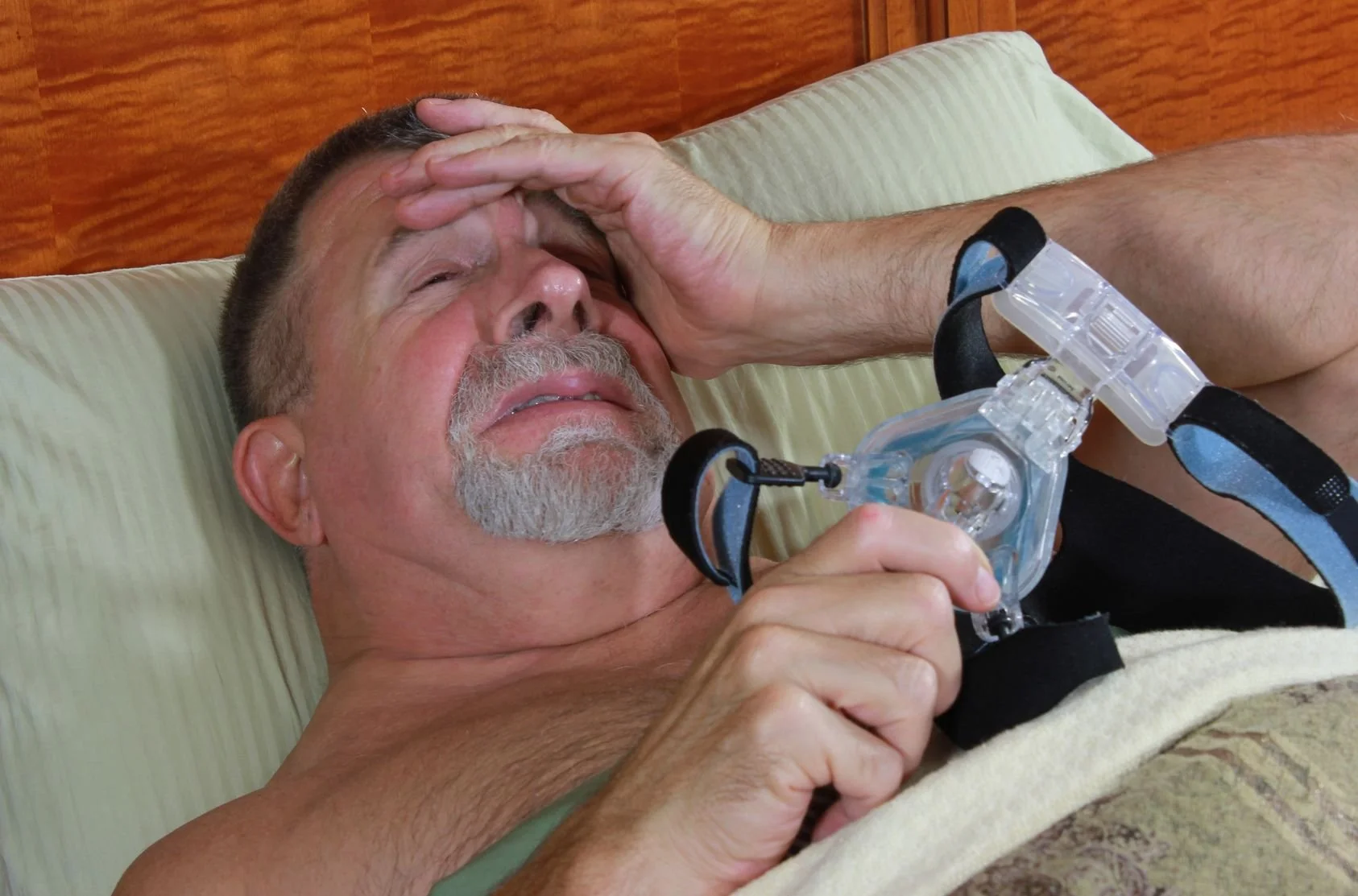Issues lead up to a Hypoglossal Nerve Stimulation.
Issues lead up to a Hypoglossal Nerve Stimulation.
Hypoglossal nerve stimulation (HNS) is typically considered for patients with obstructive sleep apnea (OSA) when certain issues or complications arise, particularly related to standard treatments like continuous positive airway pressure (CPAP) therapy. The common issues that may lead to considering HNS include:
1. **CPAP Intolerance**: Many patients find CPAP machines uncomfortable or difficult to use consistently. Issues can include discomfort from the mask, noise, or the sensation of forced air.
2. **Ineffectiveness of CPAP**: In some cases, CPAP may not effectively manage the symptoms of OSA, perhaps due to improper fit, severe apnea not responding well to CPAP, or other medical conditions.
3. **Non-Compliance with CPAP**: Difficulty in adhering to CPAP therapy due to lifestyle, discomfort, or other reasons often leads to inadequate treatment of OSA.
4. **Persistent Symptoms Despite CPAP Use**: Some patients continue to experience significant OSA symptoms like excessive daytime sleepiness, poor sleep quality, or snoring, even while using CPAP.
5. **Anatomical Factors**: Certain anatomical features may make CPAP less effective and HNS more suitable, such as the specific pattern of airway collapse.
6. **Avoidance of More Invasive Surgeries**: For some patients, HNS is a preferred alternative to more invasive surgical procedures aimed at modifying the airway.
7. **Lifestyle Considerations**: Patients who travel frequently or have other lifestyle factors that make regular CPAP use impractical may seek alternative treatments like HNS.
Before considering HNS, a thorough evaluation by a sleep specialist or an ENT surgeon is crucial. This typically includes sleep studies, assessment of the airway anatomy, and evaluation of the patient's overall health and specific OSA characteristics.
